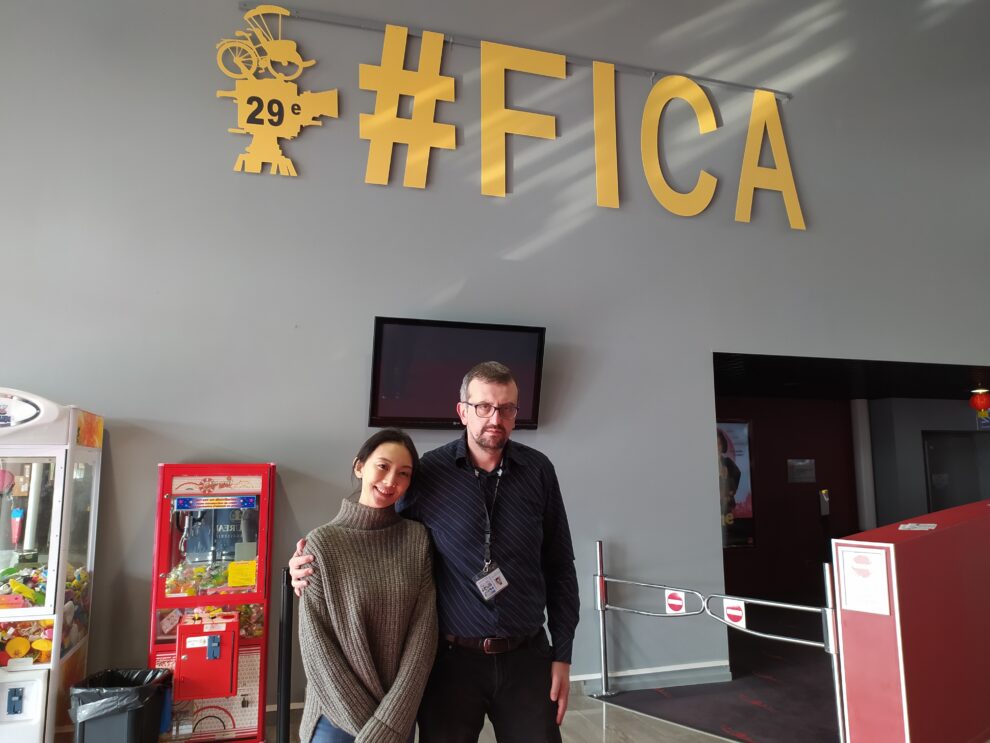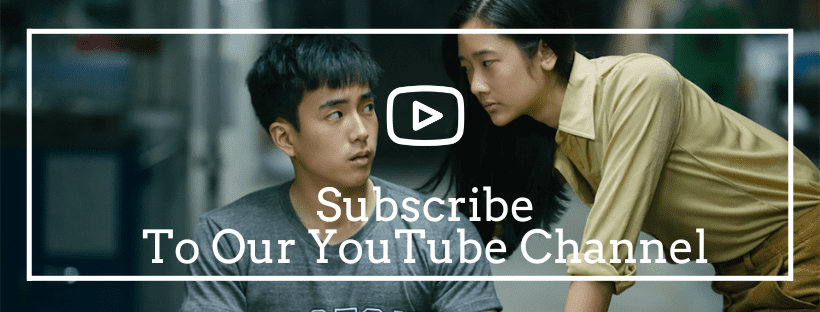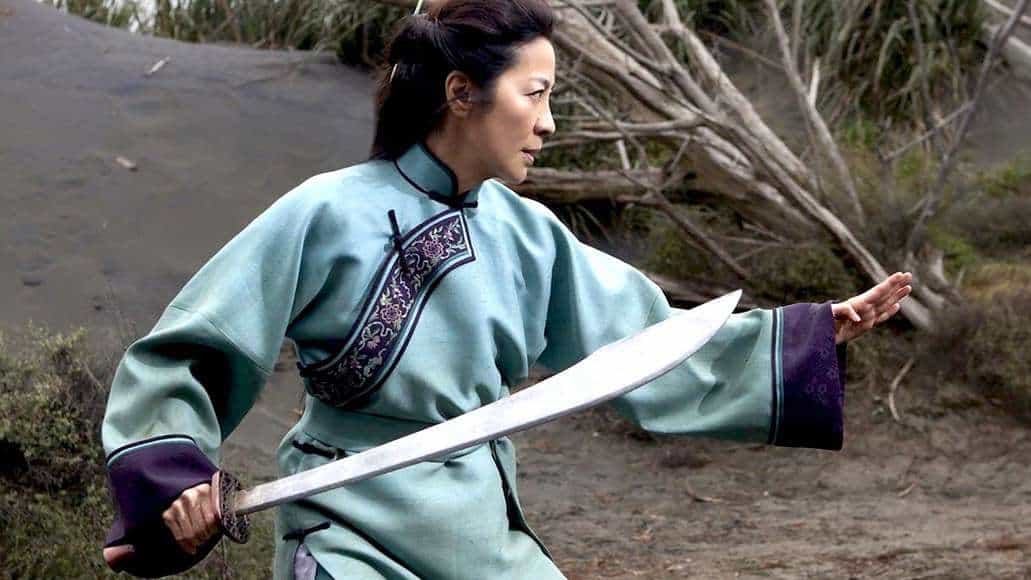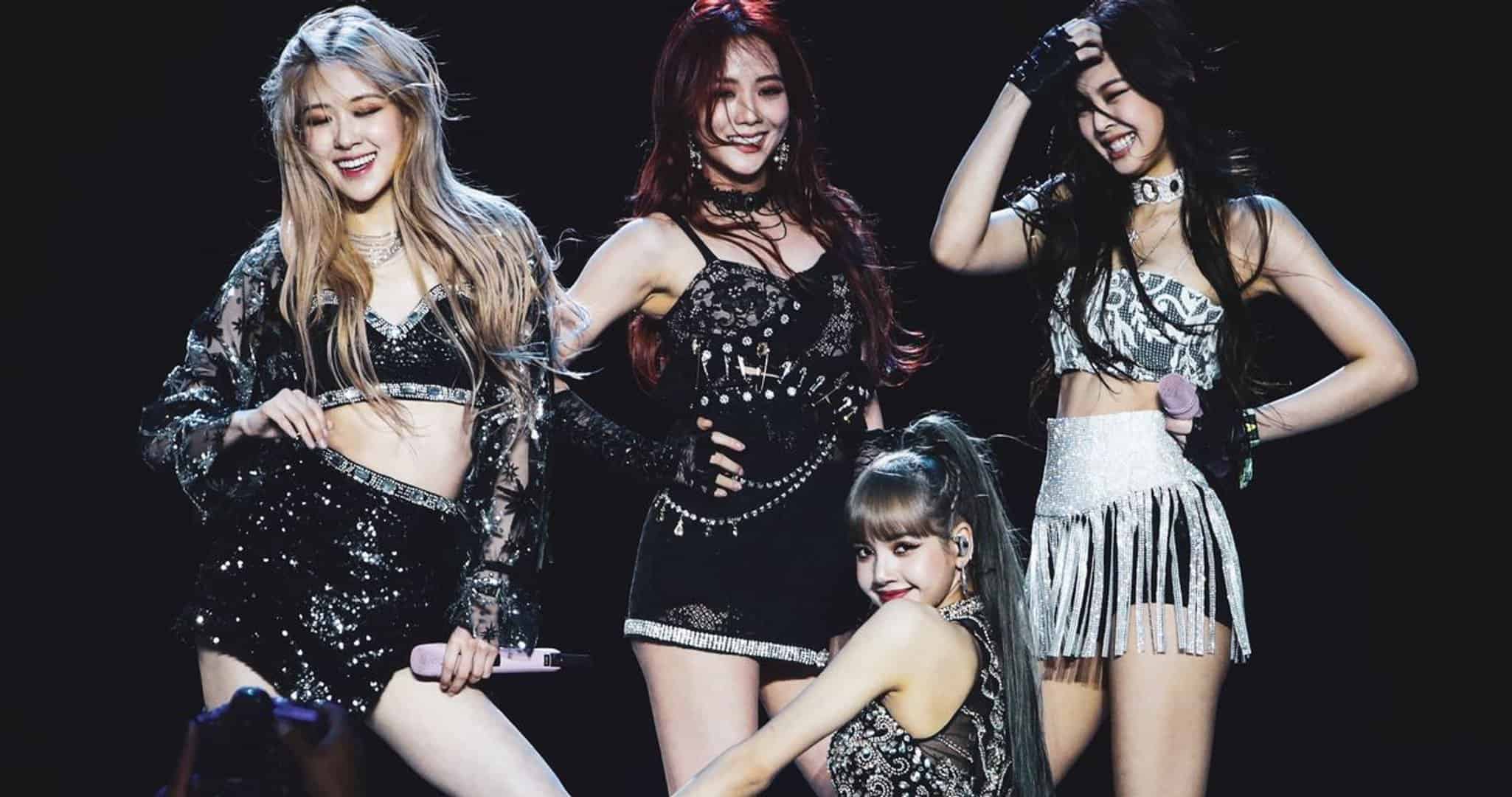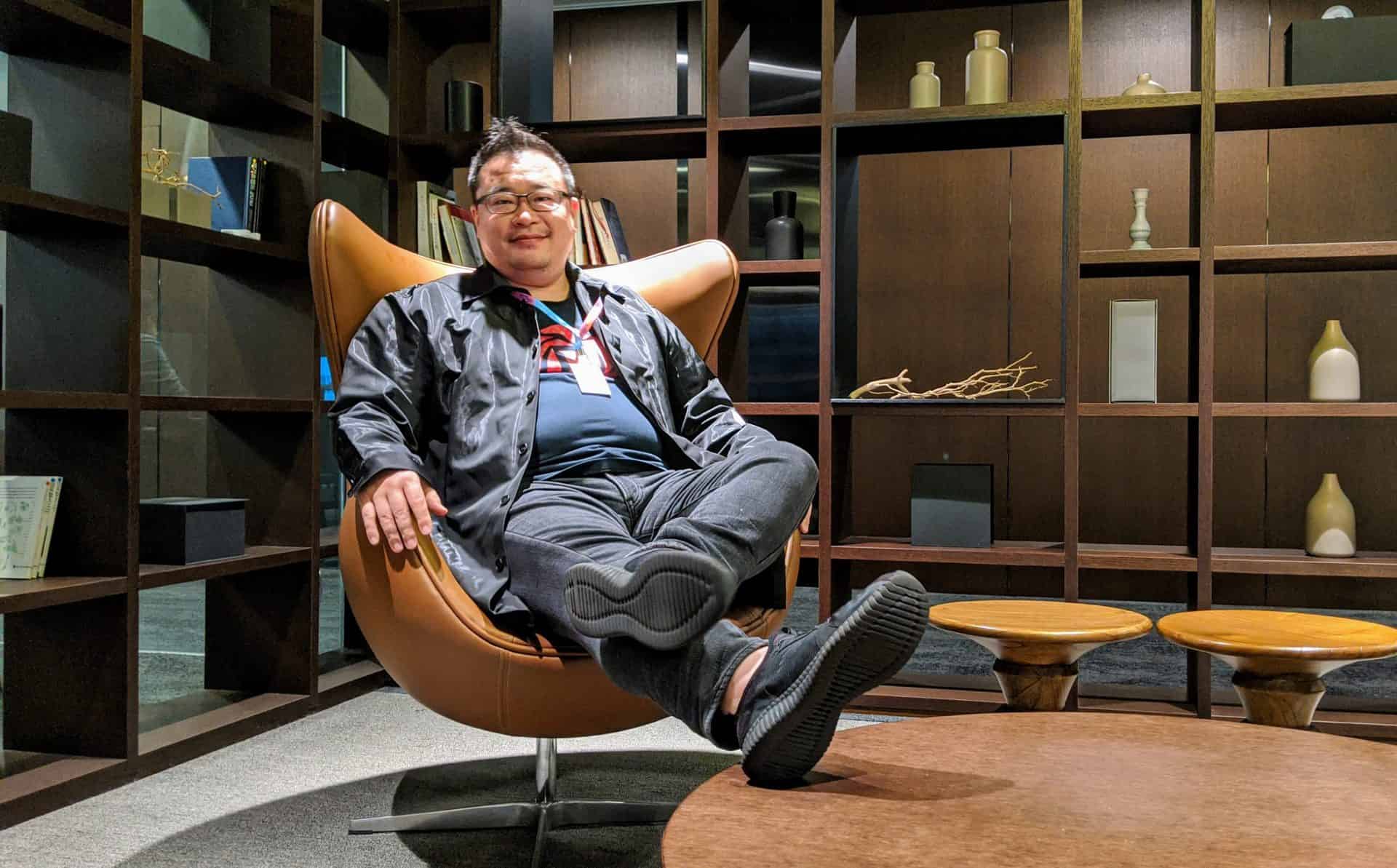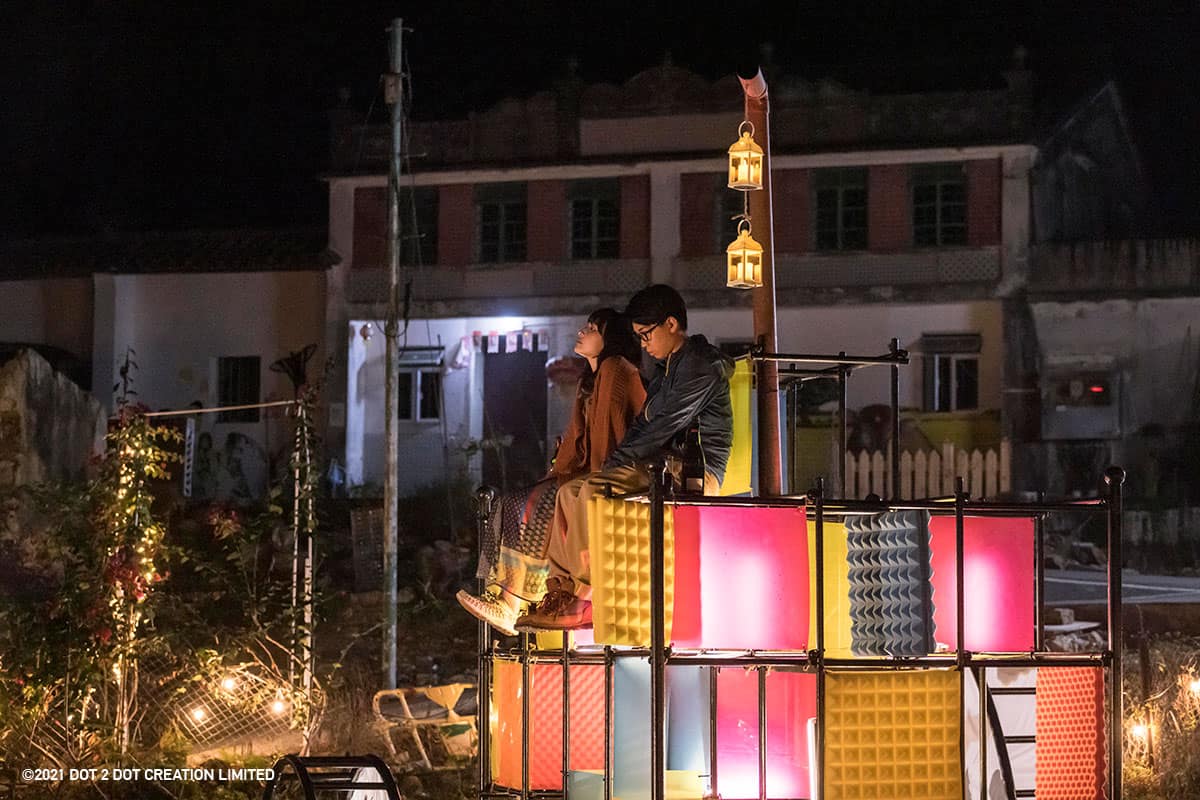Liu Yulin was born in Beijing. She graduated from the Tisch School of the Arts at New York University. In 2014, her first short film “Door God” was selected in more than fifty festivals. Her first feature “Someone to Talk To” was selected for several major festivals. “In Our Prime” is her second feature film. She then shoot a romantic comedy, “Just for Meeting You”, which will be on Chinese screens in 2023.
On the occasion of “In Our Prime” screening in FICA Vesoul, we speak with her about studying in New York, the men and women in the film, expectations, her upcoming works, and many other topics.
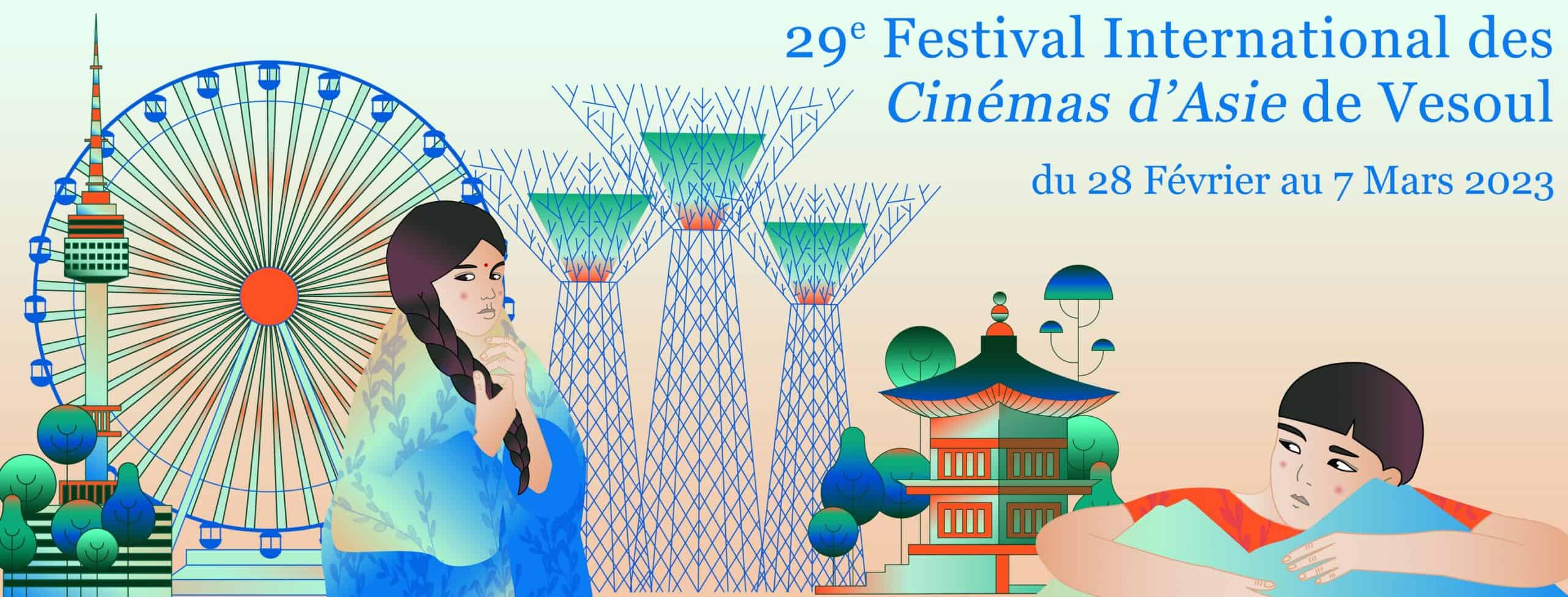
How did your studies in New York change you as a filmmaker, shape you as a filmmaker?
Because I have really loved films since I was very little. Because my original major is not about film, it's about TV and broadcasting. That was my major in college in Beijing. I went to one of the best universities which had the best major in TV around that time. And then in the second year of my college, I thought I still wanted to move onto film and become a filmmaker. I'm so lucky, my family is so supportive. So that's why I planned to go abroad to America to study broadcasting, but instead of studying broadcasting, I wanted to study filmmaking. So that's why I followed the advice to apply to so many universities in the US. Some of them in Los Angeles, and some of them in New York. And NYU, New York University, is one of the best for this filmmaking major in the world and I was lucky I got accepted.
So I went to New York. Of course, all the classes and all the professors and the students, classmates, they're one of the best in the world at NYU Tisch School of the Arts. I think, what I learned is not only from the school, not only from NYU, but also from New York City itself, because there's so many people from different backgrounds and different cultures. You can see this small world in different neighborhoods, which is so important for filmmaking and to tell a story. So that is what I really learned from New York, and from my life in NYU.
In your film, there are a lot of female characters. But is there someone you identify with more?
Well, actually, you can see there are so many relationships in this movie, “In Our Prime”. Most of them are of the same generation, they're my age of about 30 something, from 30 to 40, in China. I don't want to identify with someone but all of them have like the shadow of myself, the shadow of my family, my parents, my friends' parents, all my co-workers. They reflect all the situations and scenarios for this generation in China.
The stories are based on real events you have seen and the characters are based on actual characters?
No, actually, I made it up. But regarding the main character, that female character, I have more experience about her because a lot of my good friends from college, they're in broadcasting, they work in the broadcasting industry. So I got my inspiration from them. And based on this main character, I developed other characters together. I collected a lot of stories about my friends, my family, and also some feelings from myself, and I put all of them into this film.
Is there still the expectation in China for women to get married, have children and go that way?
Yes, I think so but it's getting much better and better. Right now, the younger generation, they don't want to get married. They don't want to have children, and more women, they're so strong by themselves. They don't want to live with a man and they don't want to rely on a man. But you know, the old generation, our parents' generation, or even older ones, they still go “you know, you should get married”. I think not only for women, but also for men. If you're 30 something, you need to get married and have children, you have to have a family. This is a very traditional route but it's changing right now.
What about you?
I am single right now. I had relationships but I don't want to get married for now. I'm 35 and turning 36, I still want to focus more on filmmaking, not to deal with kids or family. And also my parents, my family, they're so supportive. I know a lot of my female friends around me, they also choose this road to enjoy life by themselves, to not have to build up a family they do not want. I'm not saying building a family is a bad thing, but you know, that's the choice. You don't have to.
The protagonist's friend, the one who is rich but then gets scammed, at some point, she talks about marriage and she says “half of my friends are divorced and the others are having affairs”. Is that your opinion about marriage also?
This is my own experience. There are three categories, and it's like different situations. And this is from my experience communicating with my friends. I think it's so funny, I just wanted to say it in the film.
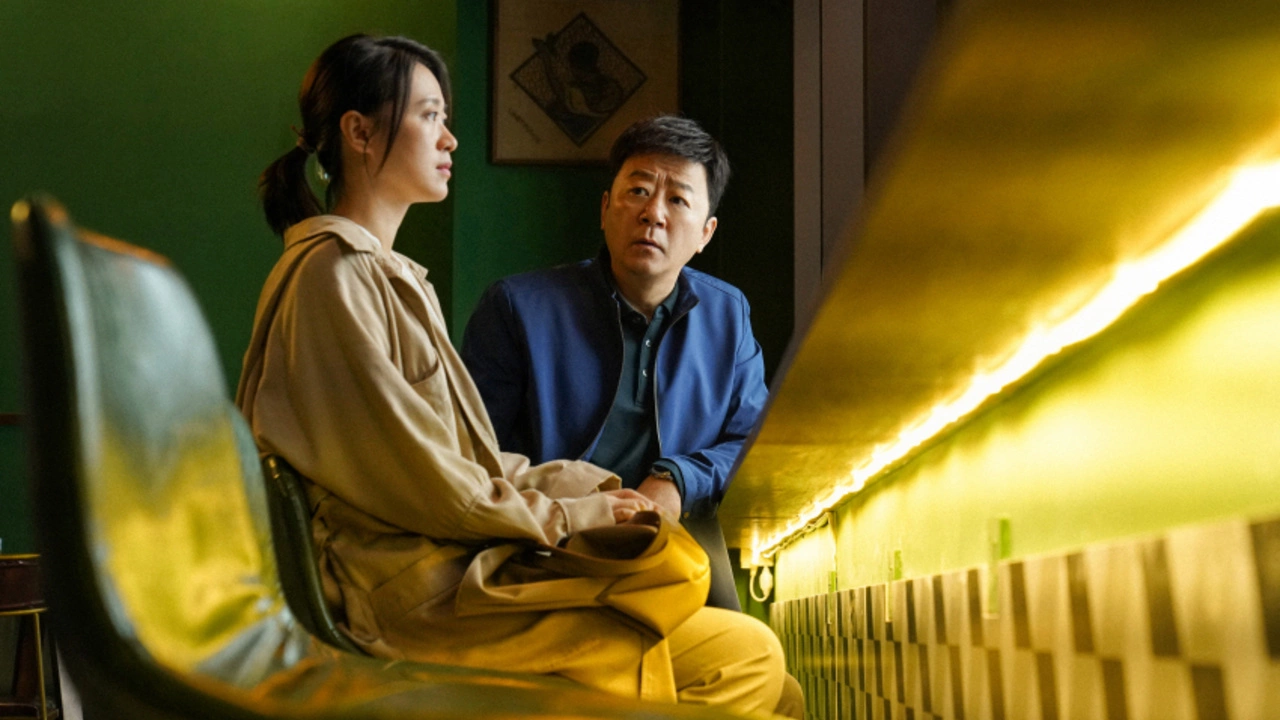
.Let's say, if you would hang out with one of the women in your film, who would be your best friend?
They're all my best friends. They're so different. They all have their own difficulties. Because as a director, especially in New York when I wrote the script by myself, in the whole process when I was writing the script, I was thinking I'm already like a family with all the characters. They're all my close friends, even in reality also.
What about the men?
The men, I think, have their own choices. I respect them and I understand them. See, here's the thing, there is no bad guy or bad girl in this film, they all have their pains. They all have their egos. They all have their choices. So I think they're all good people. That's why I love them. And also all the characters, they're so different. From the very beginning until the end, they all grew up. They became stronger.
But in the end, would you say that the film is optimistic or pessimistic?
The thing is, all the difficulties in this film, all the characters, the difficulties they face are not huge ones, because I believe also in Greece, everyone can, you know, have this kind of problems in their family or by themselves. But at the end, just like you said, some of them are going to this point and maybe they end up there (shows with her hands) This process, this is life. And from this process, they learn something, they know they have to get up again and how to get up. It's like, we have to be peaceful inside and get along very well by ourselves. Actually I think the strongest of people don't judge life like this, to judge life like this is very stable, and very peaceful. So that's what I really learned from this film and what I really want to say with this film.
Tell me a bit about the lawyer's wife. For me, she is very interesting. I even thought that she would deserve a movie of her own, like a thriller or something.
The lawyer's wife with her all-black dress. That's a character who I think is very interesting. Actually, in our original script, I had a bigger storyline about her but you know, because of the length of the film, I cut a lot. I think she's the kind of girl who dedicated everything to the man, who dedicated all her choices to a man. “I really want to marry him, I gave up everything about myself, I moved to another city for you.” And, she has this dream about marriage. Even though when they were dating, it was a really happy time, once they were into the marriage, things totally changed. And she's the one who cannot accept this result. So you just have to get those things which are already lost. And I think she knows that her husband has already stopped loving her or really enjoying this marriage. But this girl, she doesn't want to let it go. And this is the insistence you know, in our real life. This is what I really wanted to say about the character.
And also, is this, like, let's say the American Dream? The Chinese Dream is to go from the country to the big cities?
I think this is what's really happening in China now. So the people from small places, they really want to go to the bigger cities to live a bigger, different life. I think this is really happening in China, especially with the people from the small towns. But after that, they realize that this is very painful or it's really tough living in the big city. And then they move back. But most of them still stay in a big city. Like the American Dream, like the Big City Dream.
And also tell me a bit about the casting. How did it work?
Actually, most of them are famous in China, and I have very close relationships with them. We're very good friends. First of all, the casting is when you have some choices and then you just directly give the script to them. And they say “yes”, and that's how we work. For this film, I think I'm lucky because the first time when I sent the script to them, they said “I love it”, and “I want to do it”, and “I really have a connection with all these characters and I have feelings about them because they're so real.” So, they would love to join this team to act. Actually, I didn't waste a lot of time on casting because they know me and I know them and we are close friends, and then it was just to do the film together.
In your cooperation with them, are you strict or do you allow improvisation from your actors?
I have a lot of faith in the actors and actresses. I have a basic idea and I just let them go. I do not even have any rehearsals. I only rehearsed the blocking, the way and the road, how they look because the camera had to know how to operate and how to move. But I did not do rehearsals with the actors because I really wanted to see the first reaction between the different characters outside. So yes, only when I think this is wrong or this is the problem and this is what I do not want, I will talk to them. Most of the time they will give me more surprises, which I have not imagined.
And how was the cooperation with the kid, was it difficult with a little child?
Oh, I'm really good with children. In my first feature movie, there was a little girl. In the first short movie, there was a little girl too. And this one's a little boy. I think I love children, so I love to spend time with them. This little kid is very smart and with children, you just let them be. Just let them be there and keep the camera rolling. And in this way, you can capture their best moments.
But what about the moment when he had to cry? Was it easy for him?
He's really good at it. And sometimes you have to terrify them: “all the sides, all the crew is waiting for you so you have to do this right.” And sometimes he was afraid of me. So yeah, we worked very well together. And then his mom is really nice and friendly. So, during the whole process, I'm like a big older sister to him. That's a lovely, lovely cooperation.
And about the cinematography, what did you want to do with the visual aspect of the film?
Liaohan Ni is really great. He's one of the best in China right now. And we got him at a really good time. For this image, you can see the ratio is a little different from other films, who are in widescreen. This is closer to 4:3. I wanted to do this because this ratio is giving the image of people more, it's like the portrait of the people, like the old classical oil paintings, and you have more space above the head. So I wanted to give all the respect to all the people, all the human beings in this movie. So that's why this is the first thing we decided to do together.
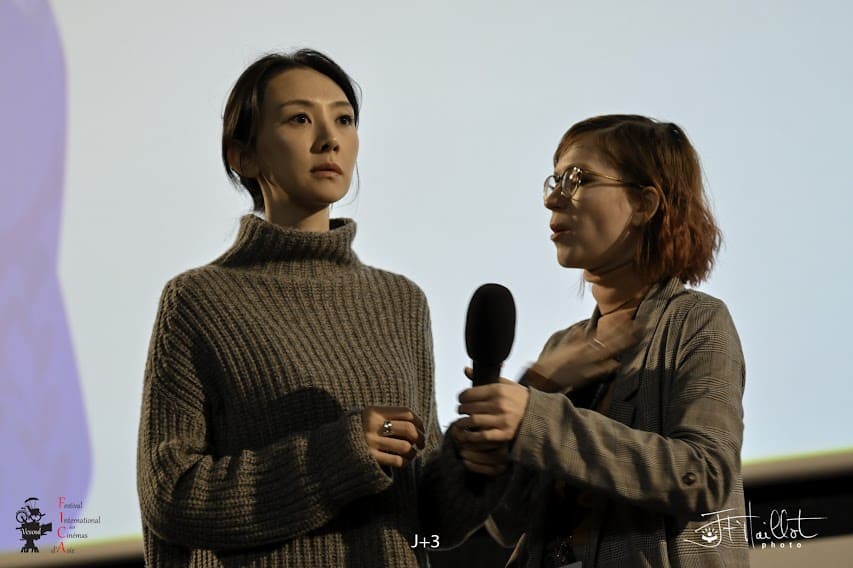
Regarding the shooting, was it easy shooting inside the city?
It was good, because it's normal to shoot in the city. Sometimes it's not easy to work with the traffic, but we worked it out. I stayed in the city for three months, it's very close to Hong Kong. It's a very vivid modern city, you can see not a lot of history in this city. That's why a lot of people there already have high ceilings, high buildings. And people there are so packed everywhere on the street, they're so busy. They work every day. So that's why I wanted to shoot there. And also COVID around that time was not bad in the city. It was so convenient for us, it was easier to shoot over there.
Has the movie screened in China?
Yes.
So how was the reaction of the audience?
Oh, you mean the official screening in China? No, not yet, it'll be this year.
Do you have plans for distribution in China?
That's why I had a phone-call this morning. It's all about distribution in China right now.
And what is your opinion about the Chinese movie industry at the moment?
Because we have a huge population in China, there are tons of people that really love film. And we have a lot of theaters, as you know. There are a lot of very talented young filmmakers, a new generation in China, and lots of Chinese movies coming out in different categories. Some of them are comedies, some of them are love stories, some of them are horror movies, you can watch all different kinds of movies in the theaters. So I think it's great, especially when China right now is completely open after COVID. So you can see in this year, 2023, there are a lot of films coming out in the theaters.
And regarding censorship, is it okay or does it make a difference?
Of course the censorship is getting better and better because that's the Chinese thing, right? But I think talented filmmakers can make a good movie even under censorship, right? Just like with Iranian films. There're so many good ones. Their censorship is the strongest and hardest in the world, but there are still so many good films over there in Iran.
Do you have any problems being a woman filmmaker? Is that a problem?
No, actually none. I think I even feel the benefits of being a female director because as a woman, I'm more sensitive and more gentle to emotions. I think I'm the kind of person who's very sensitive about the relationships between different people. I think that is really important. And also as a female director, I think it's much easier to work with everyone in the crew because you can use very gentle emotional ways to understand each other. There are a lot of female directors coming out in China now and I think also around the world.
And what kind of movies do you like to watch?
Actually I love movies where the narrative is about family, a love story. I really love them, but I don't like horror movies. Yeah, those are the only movies I don't want to watch but the others, all kinds of movies I really enjoy and especially about family lives or about a love story.
Chinese, European or Hollywood?
I think they're so different. They're so different and as a good filmmaker, I have to watch all kinds of films around the world. You can see all the filmmakers from different places, they're brilliantThat's what's amazing about film, you can see other people's lives in another corner of the world farther away, right?
When I was watching the movie, I was thinking that there is enough material there for a TV series. Have you ever thought of going in that direction?
Not really.
You want to stay in movies.
Yes.
What are you working on after this?
I'm planning to make a love story. Actually, I had my third feature film already done last year. I shot that last year. It's done.
Post-production also?
Mostly finished. So this movie will also come out in China this year. It's a young kids' love story, in high school. And the next project I really want to make and get started is also a love story. But this love story has about a 30 year span. It's adapted from a very famous Korean movie. We want to adapt it into a Chinese version. So that's what I'm going to plan to do for the next project.
You plan ahead a lot?
Yeah, but you know, it's not easy to make a film – need money, need people, need a team, need the actor and actress.


